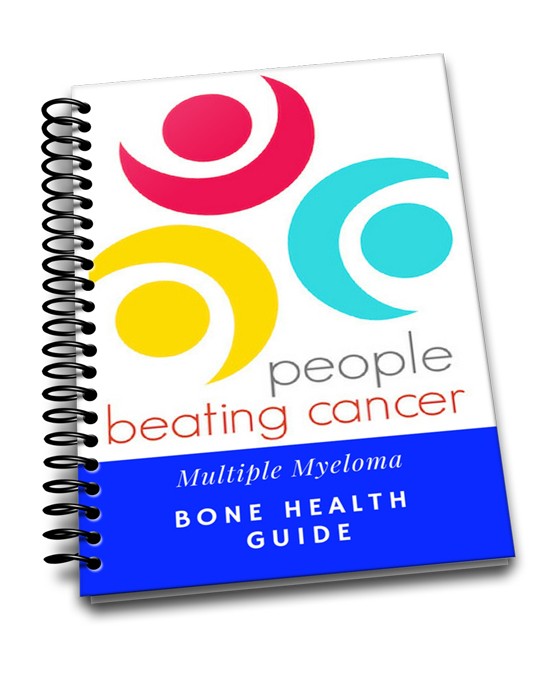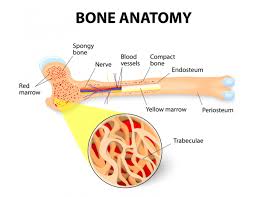Leave a Comment:
13 comments
I can see it in my thoughts but explaining it to my fanily……
So I end up telling them to look it up. All they hear is “cancer”!
[…] Plasma Cell Myeloma- A Bone Cancer? A Blood Cancer? […]
ReplyI would like a copy of Integrative Therapy Cancer Coaching Guide sent to my email. I have been diagnosed with Plasma Cell Neoplasm. I had a lesion on my rib bone and have a have High Kappa light chains and Kappa/Lamda ratio. I see the Oncologist tomorrow for my 1st appointment.
ReplyHi Bill-
I replied to your post directly to you via your email address-
David Emerson
Reply[…] A Bone Cancer? A Blood Cancer? No, it is Plasma Cell Multiple Myeloma- […]
Reply[…] A Bone Cancer? A Blood Cancer? No, it is Plasma Cell Multiple Myeloma- […]
Reply[…] A Bone Cancer? A Blood Cancer? No, it is Plasma Cell Multiple Myeloma- […]
Reply[…] A Bone Cancer? A Blood Cancer? No, it is Plasma Cell Multiple Myeloma- […]
Reply[…] Is it a Bone Cancer? A Blood Cancer? No, it is Plasma Cell Multiple Myeloma […]
ReplyJust found out I got multiple myeloma. A week ago.My back usually hurts and my blood count low.I think I’m stage2
ReplyHi Gevincia-
I am sorry to learn of your MM diagnosis. However you are putting yourself in the best position possible by learning as much about MM as you can early in your experience.
Bone pain probably indicates some sort of bone involvement. Meaning you have a MM lesion growing in a vertebra. By having a low blood count I assume you mean that you have anemia. This means that MM cells are growing and pushing out your red blood cells. It is red blood cells that carry oxygen and give you energy.
Regarding your bone involvement, you will either have local radiation to kill the bone lesion or undergo induction chemotherapy to hopefully put you into remission (and kill the lesion).
You probably are considering beginning induction therapy. This means that you will undergo a chemo cocktail such as VRd (velcade, revlimid, dexamethasone) which will hopefully bring you into remission.
Your challenge is to 1) reach as full a remission with as little toxicity (chemotherapy) as possible. 2) experience as few side effects as possible and 3) achieve the deepest, longest remission possible.
To achieve the above 3 goals, I will send the Integrative Therapy Cancer Coaching Guide to your gmail account as well as the bone health guide also to the gmail account.
Reading over these two guides will give you an idea of the MM Cancer Coaching Program. There are 13 guides in the MM CC program covering the best of both conventional and non-conventional therapies. Let me know if you are thinking about an autologous stem cell transplant as well.
Let me know if you have any questions.
David Emerson
MM Survivor
MM Cancer Coach
Director PeopleBeatingCancer




